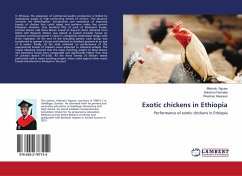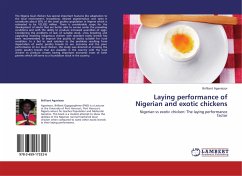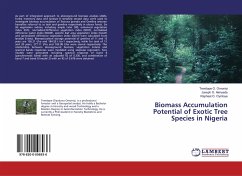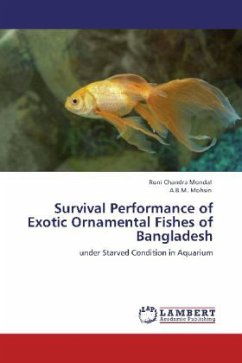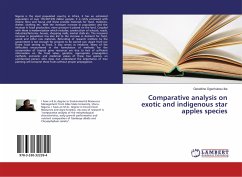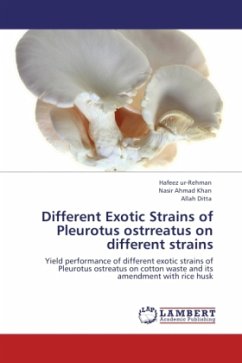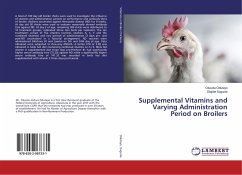In Ethiopia, the expansion of commercial poultry production is limited by inadequate supply of high performing breeds of chicken. This situation warrants the identification, introduction and evaluation of improved breeds of chicken that could adapt and perform under the current Ethiopian situation. One hundred fifty of each of Dominant Sussex, Lohman Brown and Novo Brown breed of day-old chicks obtained from Debre Zeit Research Station was placed at Jucavm brooder house on standard commercial starter's ration in completely randomized design with three replicates. At the end of the brooding period, each group was transferred to grower's house and switched to standard growers at an age of 8 weeks. Finally, all the data collected on performance of the experimental breeds of chickens were subjected to statistical analysis. The results obtained showed that the mean hatching weight of Novo Brown and Dominant Sussex were comparable and significantly higher than that of Lohman Brown (P<0.05). All the three breeds of chicken tested performed well in mean hatching weight, when rated against other exotic breeds introduced to Ethiopia in the past.
Hinweis: Dieser Artikel kann nur an eine deutsche Lieferadresse ausgeliefert werden.
Hinweis: Dieser Artikel kann nur an eine deutsche Lieferadresse ausgeliefert werden.

